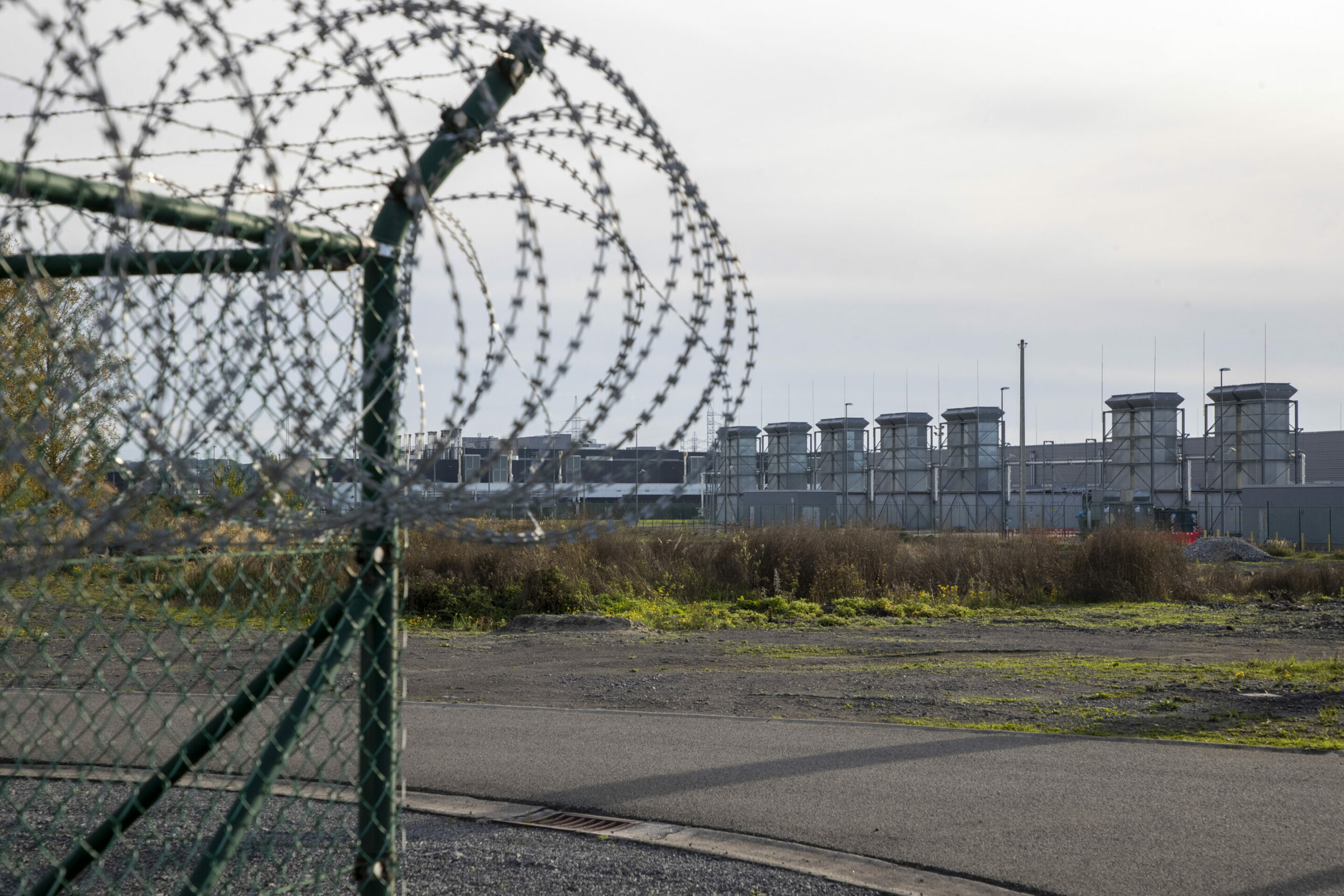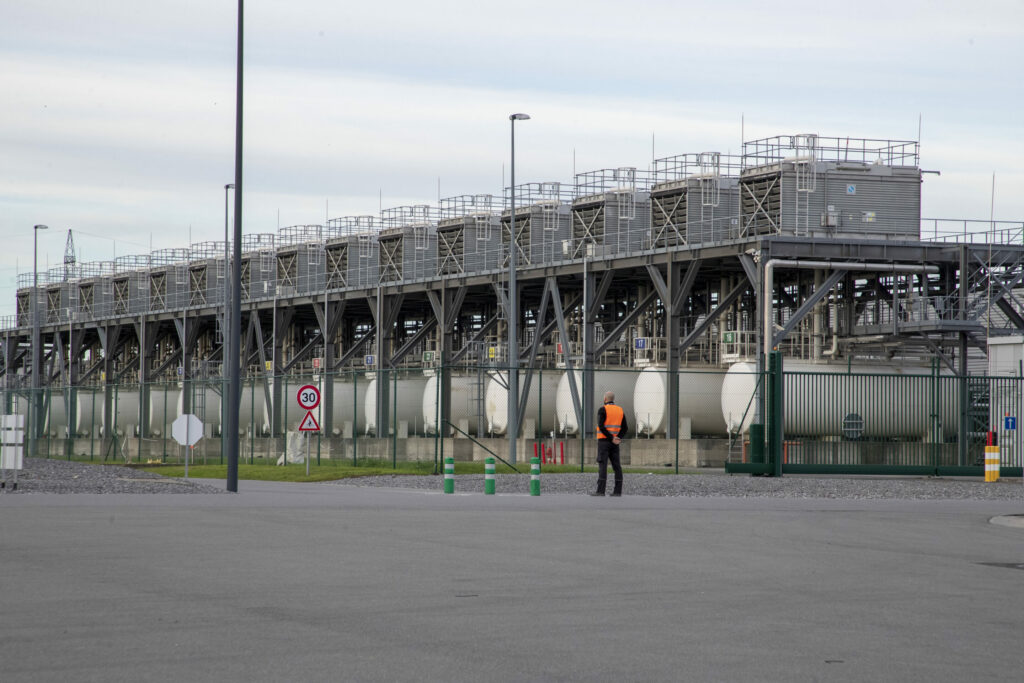Electricity consumption by data centres, driven by artificial intelligence, is set to more than double by 2030.
According to a report published Thursday by the International Energy Agency (IEA), this high demand poses a challenge for energy security and increasing CO2 emissions.
Data centres, known for their high energy consumption, have seen a surge in demand due to the rise of generative AI, which requires massive computational power to process vast amounts of data.
In 2024, data centres accounted for around 1.5% of global electricity consumption (415 TWh), but this is expected to grow exponentially.
"Global electricity demand from data centres is expected to more than double by 2030, reaching approximately 945 terawatt-hours (TWh)," the report states, equivalent to nearly 3% of total global electricity consumption and slightly more than Japan’s current electricity use.
Data centres are unevenly distributed worldwide, concentrated in a few regions within countries, posing challenges for electricity supply and grid infrastructure.
The US, Europe, and China collectively represent about 85% of data centre electricity consumption. In the US alone, "data centres are on track to account for nearly half" of the expected growth by 2030, noted IEA Executive Director Fatih Birol in a statement.

Google data centre in Ghlin, Belgium, Friday 21 October 2022. Credit: Belga
The primary challenge is to secure affordable and abundant electricity. The IEA believes “a wide range of energy sources will be employed to meet the growing electricity needs of data centres,” including coal, which currently supplies 30% of the energy for these facilities.
However, "renewable energy and natural gas are expected to lead due to their cost competitiveness and availability in key markets," the IEA indicates.
The expansion of data centres will inevitably increase emissions from electricity consumption, from 180 million tonnes of CO2 today to 300 million tonnes by 2035, though this represents a small fraction (less than 1.5%) of the energy sector’s total emissions.
According to the IEA, these additional emissions could be offset by potential reductions in other areas, thanks to efficiency gains and innovations brought by AI.
Nevertheless, the IEA remains cautious as "the adoption of AI is not guaranteed and could be negated by rebound effects and increased fossil fuel consumption."

